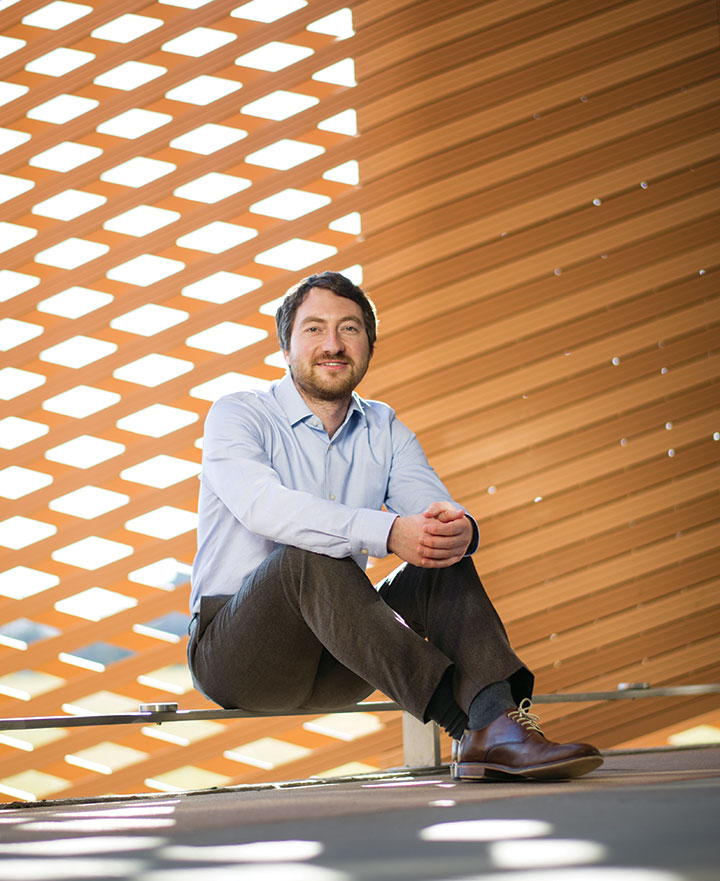Psychology: Money and Happiness
How the poor improve their lives — and mindset — when they receive financial help
It often has been said that money can’t buy happiness, but does that mean poor people are as happy as rich people? For centuries, philosophers and economists have promoted the notion of the “happy poor,” suggesting that people in poor countries are blissfully ignorant of the amenities they lack. Studies in the 1970s even found that while richer people were happier than poor people within the same country, there was little difference in overall happiness between those who lived in rich countries and those who live in poor countries. That idea suggested that beyond meeting basic needs, development efforts that focused on improving the poor’s finances were a waste of time.
Recent studies, however, have contradicted that theory. “With the benefit of more data, it turns out not to be true,” says Johannes Haushofer, assistant professor of psychology and public affairs. A series of recent academic papers has found happiness correlates with income both within and between countries, he says. Those studies relied on self-reported measures of happiness, so Haushofer recently set out to test the thesis using biological indicators.
Haushofer worked with a U.S.-based organization called GiveDirectly, which made cash payments, with no strings attached, to some 500 households in Kenya to observe how the money would affect happiness levels. Haushofer and Jeremy Shapiro, the co-founder of GiveDirectly, gave each primary male and female household member a questionnaire about happiness and measured the level of cortisol — a hormone commonly associated with stress — in the saliva of those household members.
They found that gifts of cash resulted in an increase in happiness, as measured by a survey. There was no change in cortisol levels four months after families were given lump-sum transfers of $404, the equivalent of more than a year’s average income. However, when families were given a lump sum of $1,520, cortisol levels were significantly lower. The reduction was greater when the money was given to women.
Haushofer and Shapiro found that the families did not squander the money on “temptation goods” such as tobacco and alcohol, but mainly used it for durable assets such as cows and metal roofs (to replace thatched roofs). Families given the smaller amount increased purchases of durable assets by 28 percent; families given the larger amount boosted acquisitions of those assets by 63 percent. The researchers speculated that increased happiness and lower stress could be the result of greater food security and increased income.
The findings support the effectiveness of programs that give money directly to alleviate poverty not just due to the positive economic effects, but also because of the reduction in stress and increased happiness, says Haushofer: “Depression is very effective in putting people out of work and destroying livelihoods. When people are happier, they are more productive. When they are stressed, they are more risk-averse and may not invest as much.”
For the Record
An earlier version of this story incorrectly identified the location of GiveDirectly.












No responses yet